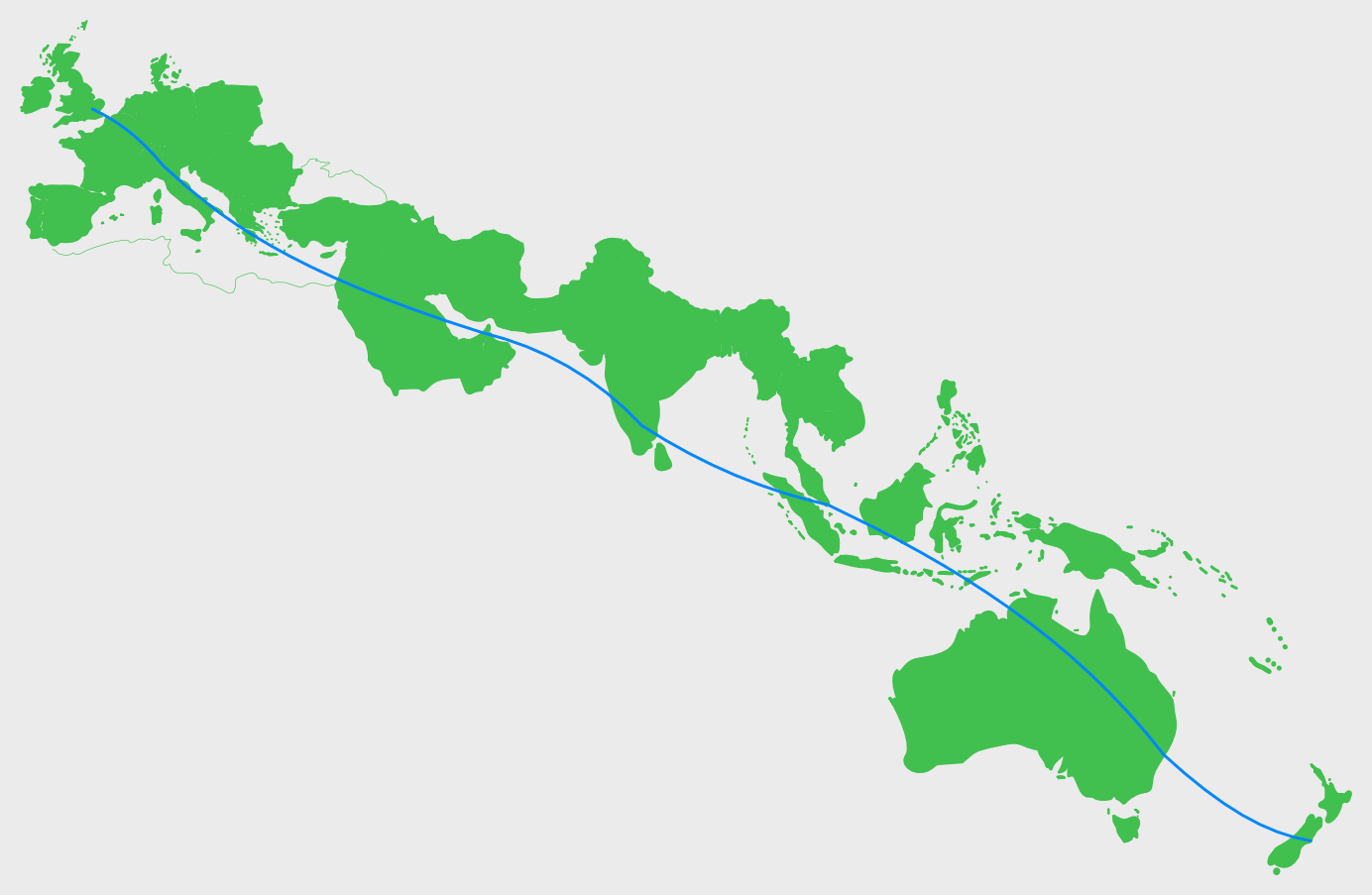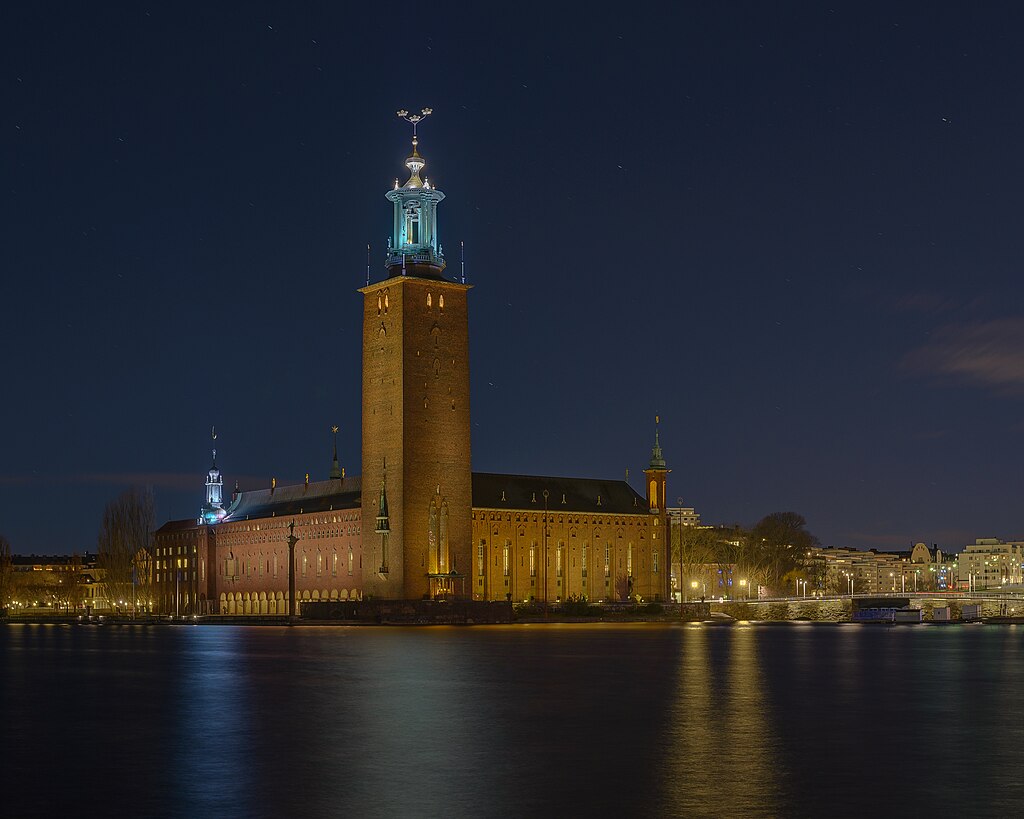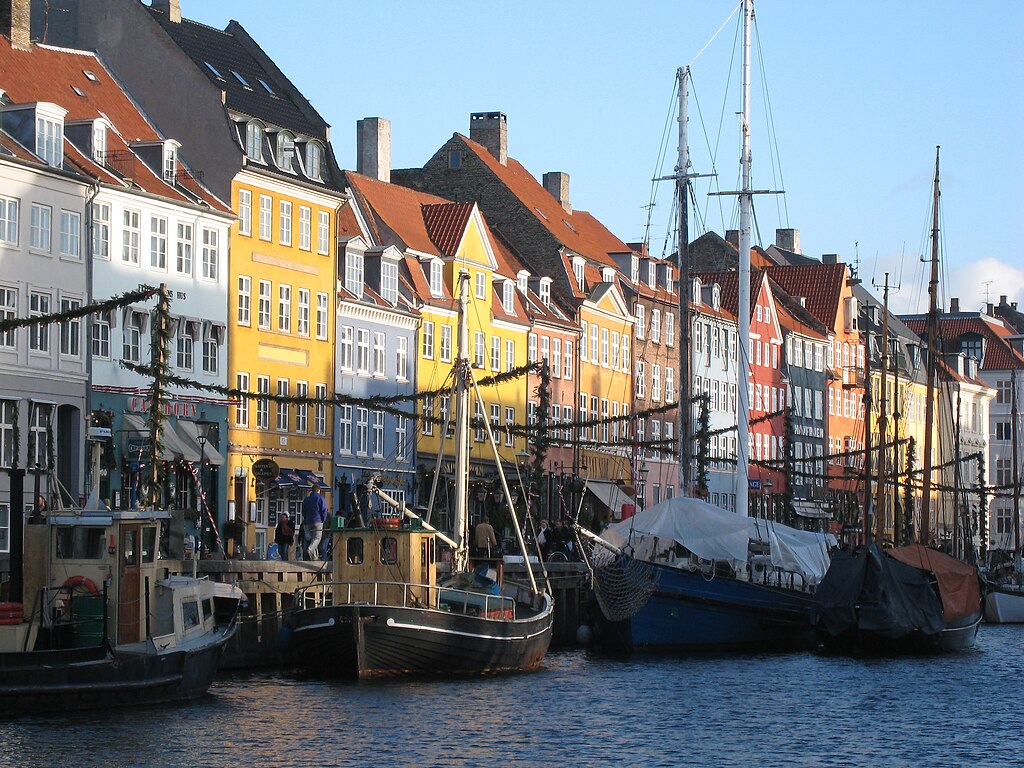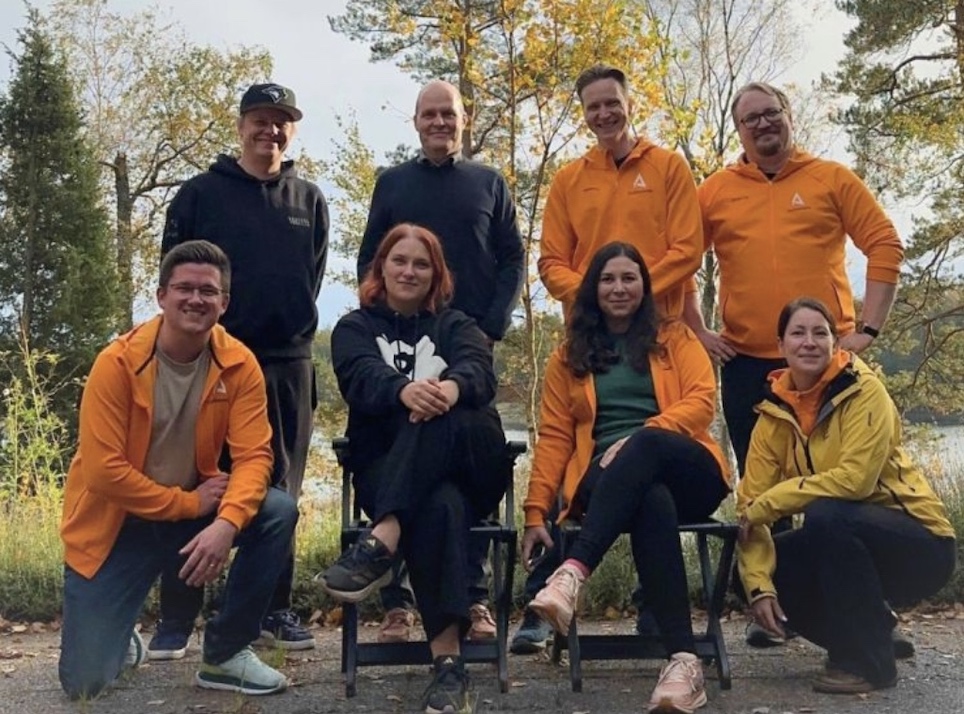For over 250 years, a trade route has existed spanning Europe, The Middle East, South Asia and Australasia. Explorers, navigators, scientists and entrepreneurs first set out in earnest from Europe in the latter part of the 18th Century, informed only by sketchy maps drawn up by their predecessors over one hundred years beforehand. Now as the geopolitical and economic centres of gravity shift towards the Indo-Pacific, we once again turn our minds to navigating the connecting up of scientists, innovators, entrepreneurs and investors across this vast region.
Since those early explorations, the subsequent invention of fossil fuel powered transportation has played a huge role in linking these far-flung regions of the world through trade and communications. But we now acknowledge that global climate has been profoundly influenced by anthropogenic effects related to the industrial age. This has led to an existential goal of reducing global greenhouse gas emissions to net zero by 2050. All of this has massive implications for economies and societies across the Euro to Indo-Pacific hemisphere.
The global carbon transition is estimated to generate over $215 trillion in investment during the next 25 years. The Euro-Indo-Pacific region offers the opportunity to tap into substantial regional pools of capital as well as providing a source of emerging technologies and a huge consumer and enterprise marketplace.
Our focus at Genius ReFi is to support and promote the funding, scaling and development of ventures, based on regenerative sciences research, that deliver products and services enabling outcomes such as sustainable agriculture, renewable energy, ecological restoration, community health, low emission transport, clean water and much more.
If you are a university, research institution, research group or innovation centre developing regenerative science based ventures, please join us. Individual researchers are also welcome. Genius ReFi is a free, open and collaborative global community.
Image credit: Renea Mackie





